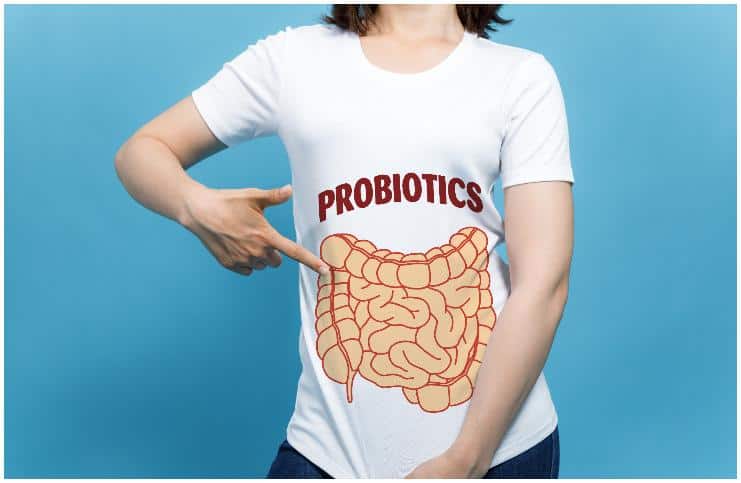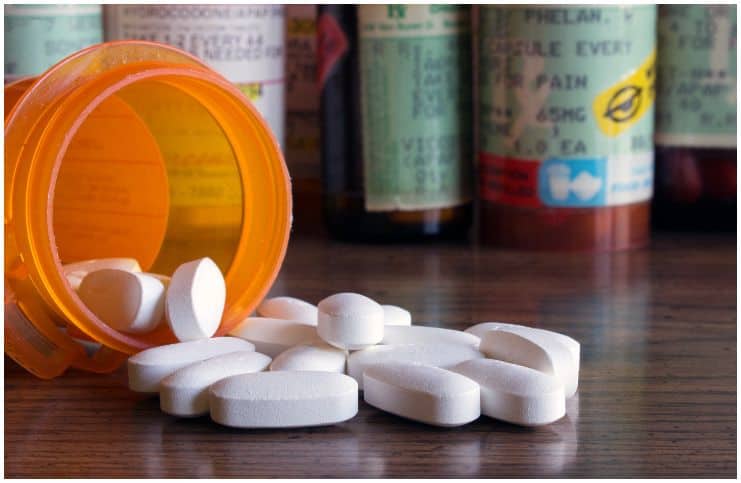Clindamycin comes as an oral solution, oral capsule, topical gel, topical foam, topical swab, topical lotion, vaginal cream, vaginal suppository, and topical solution.
It acts by inhibiting bacterial protein synthesis at the level of the 50S ribosome.
It is used to treat serious infections caused by bacteria, such as:
- infections in the abdomen;
- bone and joint infections;
- babesiosis, caused by a microscopic parasite that infects red blood cells;
- pelvic inflammatory disease (PID);
- vaginal infections caused by bacteria;
- it is also prescribed by dermatologists for numerous skin conditions.
Dosage
The dose of this prescription drug will be different for different individuals. However, the usual dose is approximately 150 to 300 mg every 6 hours. Additionally, depending on how serious the infection is, your healthcare specialist may prescribe up to 300 – 450 mg every 6 hours.
For children, the dosage must be determined by your doctor and is based on body weight. The dose of this medicine is usually 8 to 16 milligrams/kilogram of body weight/day and is usually divided into 3 or 4 equal doses.
It should be taken with food to lower digestive adverse effects. Moreover, it is vital to complete the entire course of treatment even if you are feeling healthy.
Take this medicine at the same time every day, exactly as your pharmacist or doctor tells you. You should pick a time that is convenient for you so that you do not miss any dose.
Drug Interactions
It may interact with the following drugs:
- vecuronium;
- atracurium (a non-depolarizing neuromuscular blocking agent);
- sodium picosulfate;
- botulinum toxin;
- rocuronium;
- cisatracurium;
- pancuronium (an aminosteroid muscle relaxant);
- dienogest;
- norelgestromin;
- estradiol (an estrogen steroid hormone);
- mycophenolic acid;
- mycophenolate mofetil;
- mestranol.
Antibiotics & Clindamycin Side Effects
Antibiotics are used to prevent or treat certain types of infections that are caused by bacteria. Antibiotics do not work against infections which are caused by viruses, for instance, flu or the common cold.
Each time you take this type of medicine, you are more likely to have some bad bacteria which the medicine does not kill. Furthermore, these bacteria can mutate and may become much harder to kill.
Many antibiotics, including this one, may also lead to an overgrowth of bad bacteria in the colon, especially Clostridium difficile.
This may cause an inflammation of the large intestine (a life-threatening condition also known as colitis) or may lead to mild diarrhea. Other side effects of antibiotics include:
- nausea;
- dizziness;
- vomiting;
- sore throat;
- fever;
- upset stomach;
- cracks in the skin;
- loss of heat from the body;
- increased or irregular heartbeat;
- it may appear in breast milk if consumed by breastfeeding women;
- an allergic reaction may occasionally occur, like – tightness of the throat (that can lead to breathing difficulties), wheezing, coughing, swelling of the face or tongue, urticaria, and swollen skin. Around 1 in 15 people have an allergic reaction to these drugs. A more severe allergic reaction to this medicine is called anaphylaxis, a life-threatening medical emergency which requires immediate competent medical attention.
- Stevens-Johnson syndrome, a serious condition of your skin and mucous membranes;
- toxic epidermal necrolysis.
Clindamycin and alcohol use
In general, consuming any quantity of drinks that contain alcohol while fighting an infection, it not a good idea, because it may interrupt normal sleep, lead to dehydration, and more importantly, may hinder the body’s natural capacity to heal itself.
Furthermore, alcohol interferes with your stomach’s capacity to absorb the antibiotic, hence rendering it useless. In addition, drinking any quantity of alcohol with these potent prescription medications may result in other side effects, like:
- headache;
- flushing;
- dizziness and lightheadedness;
- sleepiness;
- rapid heart rate;
- nausea;
- nausea and vomiting;
- diarrhea.
Long-term alcohol consumption may lead to liver issues, that result in this medicines being metabolized too quickly by the body.
You also need to wait at least 72 hours after finishing your course of antibiotics before consuming any type of alcoholic drinks. Other medicines or mouthwash can contain alcohol, hence, you should avoid using these while you are taking antibiotics.
Lastly, listening to your healthcare specialist advice may help you avoid the adverse effects of an alcohol-drug interaction.
Five natural methods to lower the side effects of antibiotics:
#1 Milk thistle
Taking this medicines can tax your liver, that is responsible for breaking down the medications you ingest. One herb which can help in these situations is milk thistle, due to its strong protective effects on the liver.
#2 Probiotics

An unfortunate side effect of ingesting antibiotics is that they are not selective in choosing which bacteria to kill.
According to studies, 33 percent of the good bacterial colonies in the large colon die along with the bad bacteria. The friendly bacteria help in digestion, boost the immune system, protect against many types of diseases, and help in manufacturing vitamin B-complex.
Probiotics, which are usually found in fermented foods like apple cider vinegar, unpasteurized sauerkraut, raw pickles, and kimchi (a Korean cabbage dish) can help improve your gut’s good bacteria, especially when taking antibiotics.
#3 Prebiotics
Prebiotics (they shouldn’t be confused with probiotics – good bacteria for your gut) are a type of plant fibers.
You can find this type of fiber in – asparagus, beets, onions, squash, bananas, turnips, burdock root, sweet potatoes, potatoes, celery, dandelion greens, leeks, wild yams, jicama, carrots, parsnips, legumes (red kidney beans, chickpeas, lentils, navy beans), artichokes, cabbage, broccoli, mangoes, apples, grains (oats, oat bran, millet, or wheat bran), seeds (chia seeds, sesame seeds, and flaxseeds).
#4 Garlic
Garlic contains allicin, a chemical compound that helps your liver and kidneys cleanse the blood. It is also the main reason for the pungent odor of garlic.
#5 Drink plenty of water
Water enables your vital organs to function at good levels and helps keep your system flushed. Furthermore, these medicines will leave your body faster if your kidneys and liver are well-hydrated.
References https://www.nps.org.au/medical-info/consumer-info/antibiotics-explained http://www.abc.net.au/science/articles/2005/06/02/1380836.htm https://www.addictionresource.com/drugs/alcohol/antibiotics-and-alcohol/





